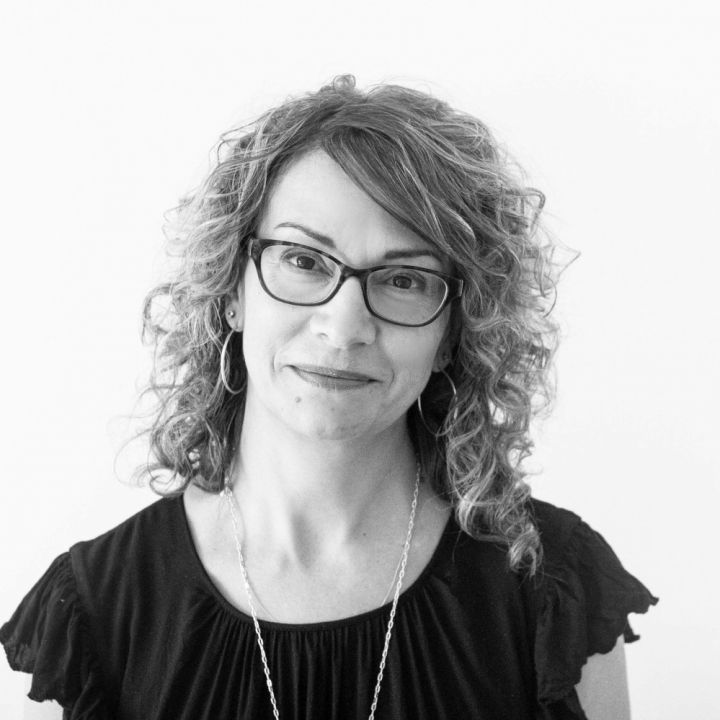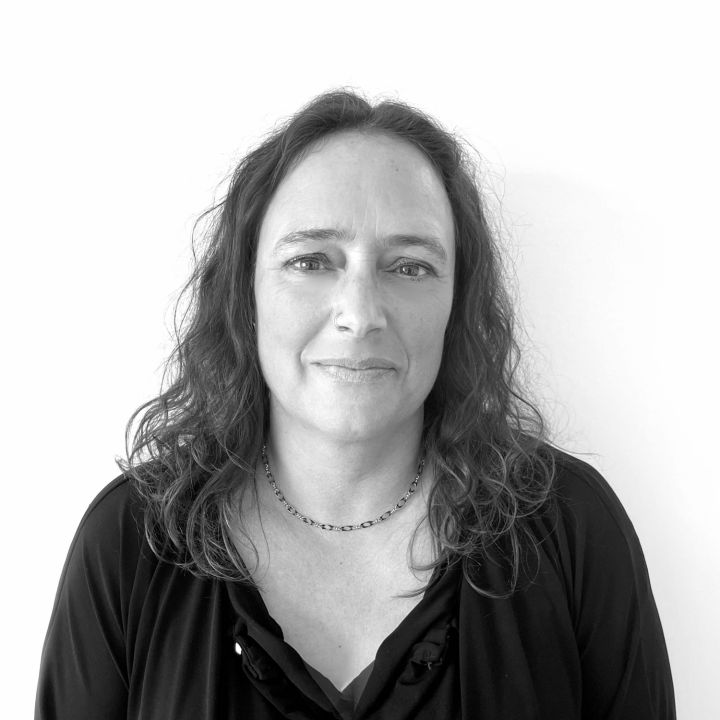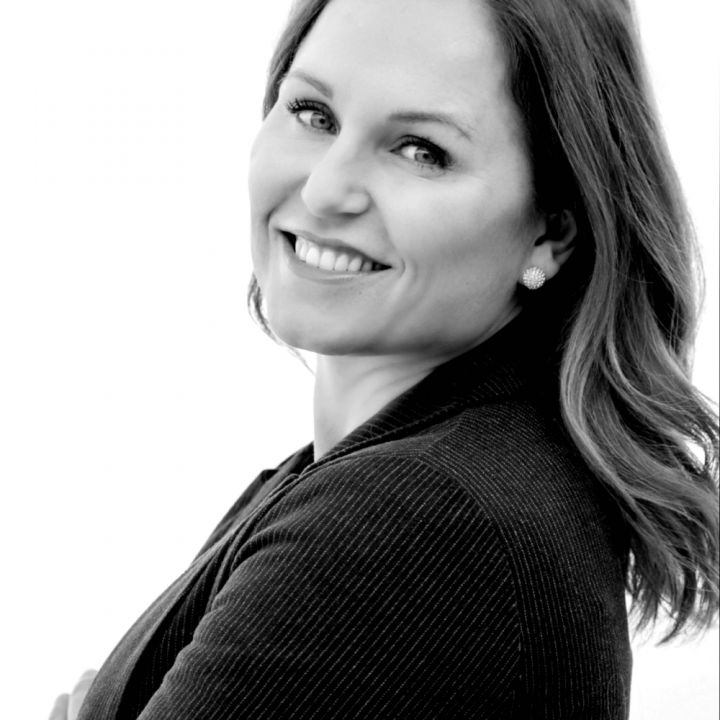Myriah Mulvogue, M.A., R.Psych.
Registered Psychologist #920
 (306) 533-2984
(306) 533-2984
Myriah is a Registered Psychologist (SKCP) with Authorized Practice Endorsement which allows her to diagnose mental health disorders in children and adolescents. She has over a decade of experience working in community mental health and has recently started expanding her knowledge and experience working in the field of education. Myriah graduated with her Masters of Arts in Clinical Psychology from the University of Regina in 2012.
Myriah’s current scope of practice is in Clinical Psychology, working with children, adolescents, adults, and families. She can provide psychological assessments for young people ages 6-21.
Myriah has a long history of aligning with parents and children experiencing multi-generational trauma and its effects, and is a down-to-earth, empathetic, and nonjudgmental clinician. She is passionate about providing psychological services that are client-centred, affirming, trauma informed, and culturally competent.
Myriah can provide assessments for the following queries:
◦Trauma, and trauma related behaviours including Posttraumatic Stress Disorder
◦Disruptive behaviours including aggression, emotional regulation difficulties, and defiance
◦Attention-Deficit / Hyperactivity Disorder (ADHD)
◦Depression and mood disturbances
◦Anxiety and problems with stress, worry, separation, fear, and avoidance
◦Obsessive Compulsive Disorder (OCD)
◦Cognitive difficulties and Intellectual Developmental Disorder
While psychological assessment may result in a diagnosis, the core purpose of assessment is to better understand your child’s puzzling or concerning behaviours and to provide a solid road map to a path forward. Like a good detective, Myriah aims for comprehensive assessment that takes into consideration the multiple within-person, family, school-based, peer, and community factors that affects the mental health and behaviours of children and youth. Typically information can be collected through testing, interview and questionnaires, but may also be collected through opportunities to observe family dynamics or through play.


